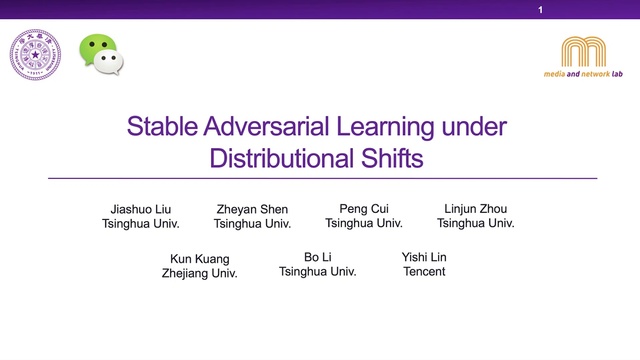Abstract:
Many sequential decision making tasks can be viewed as combinatorial optimization problems over a large number of actions. When the cost of evaluating an action is high, even a greedy algorithm, which iteratively picks the best action given the history, is prohibitive to run. In this paper, we aim to learn a greedy heuristic for sequentially selecting actions as a surrogate for invoking the expensive oracle when evaluating an action. In particular, we focus on a class of combinatorial problems that can be solved via submodular maximization (either directly on the objective function or via submodular surrogates). We introduce a data-driven optimization framework based on the submodular-norm loss, a novel loss function that encourages the resulting objective to exhibit diminishing returns. Our framework outputs a surrogate objective that is efficient to train, approximately submodular, and can be made permutation-invariant. The latter two properties allow us to prove strong approximation guarantees for the learned greedy heuristic. Furthermore, we show that our model can be easily integrated with modern deep imitation learning pipelines for sequential prediction tasks. We demonstrate the performance of our algorithm on a variety of batched and sequential optimization tasks, including set cover, active learning, and Bayesian optimization for protein engineering.









































